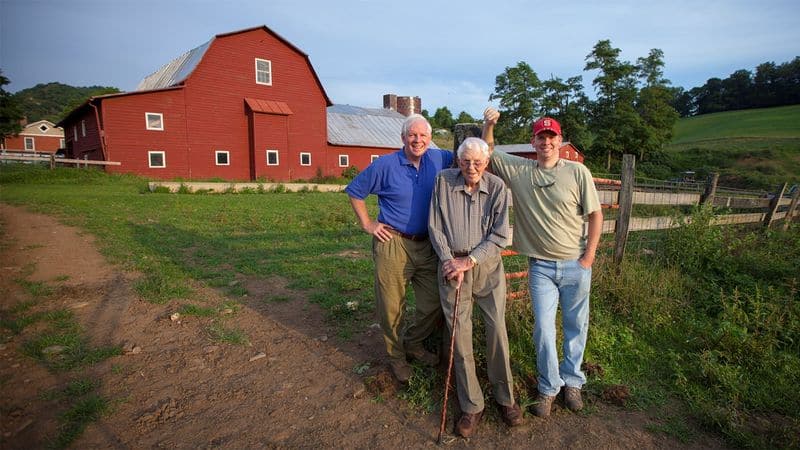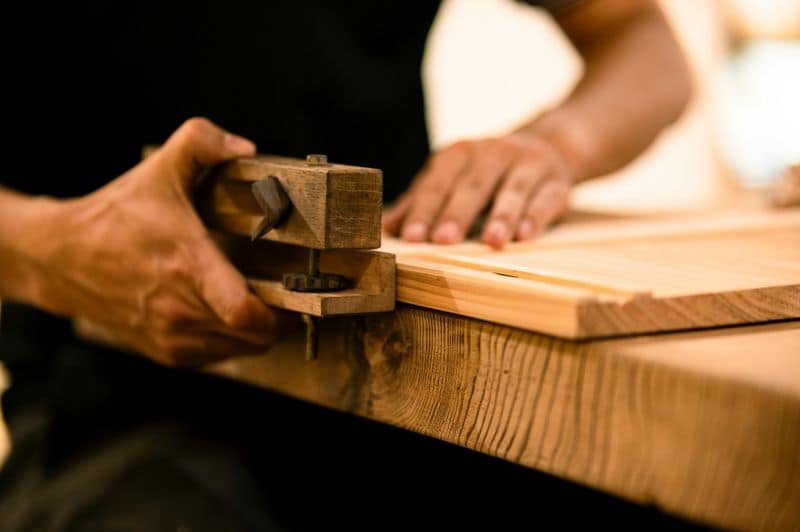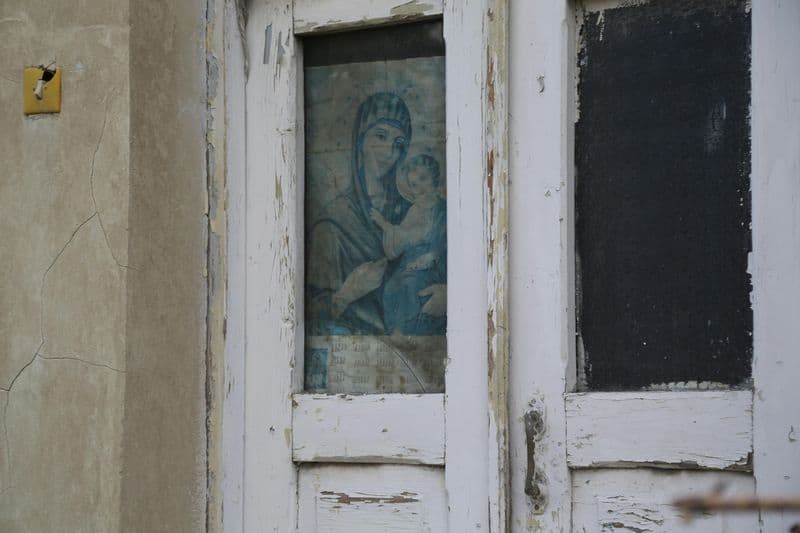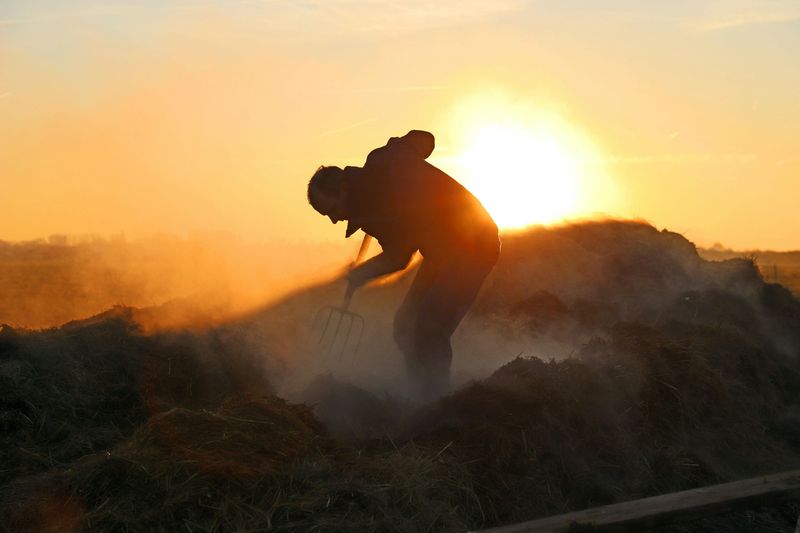Southern wisdom runs as deep as sweet tea on a hot summer day. For generations, folks in the South have passed down sayings that capture life lessons in memorable, colorful language.
These proverbs aren’t just quaint expressions – they’re practical guides that have stood the test of time, offering insights on everything from hard work to human relationships.
1. Many Hands Make Light Work
Grandma’s quilting circles weren’t just for socializing – they demonstrated this age-old truth about the power of teamwork. When neighbors gather to raise a barn or friends pitch in after a storm, burdens that would crush one person alone become manageable.
Southern communities thrive on this principle. The church potluck dinner where everyone brings a dish creates a feast no single cook could prepare. Children learn early that cleaning up goes faster when everyone helps.
This proverb reminds us that independence is valuable, but interdependence builds something greater. Next time you’re facing a daunting task, remember that sharing the load isn’t weakness – it’s wisdom passed down through generations.
2. A Stitch in Time Saves Nine
Spotting a tiny hole in your favorite jeans? Fix it now or watch it grow until the whole knee gives way. This practical advice extends far beyond sewing – it’s about addressing problems while they’re small.
Southern farmers understand this wisdom intimately. A broken fence post mended today prevents the entire herd from escaping tomorrow. The same goes for relationships, where a small apology can prevent years of bitterness.
Grandpa checking his truck’s oil regularly instead of waiting for the engine to seize exemplifies this preventative mindset. Taking care of small issues promptly saves time, money, and heartache down the road – a lesson as relevant today as it was generations ago.
3. Don’t Look a Gift Horse in the Mouth
“My neighbor brought over a peach cobbler that wasn’t quite as sweet as I’d make it, but I smiled and thanked her kindly.” Southern graciousness shines in this proverb about accepting gifts without criticism.
Back when horses were valuable possessions, examining a horse’s teeth (to check its age and health) when receiving it as a gift was considered rude. The saying reminds us to receive generosity with gratitude rather than scrutiny.
When someone offers help, shares produce from their garden, or gives a handmade gift, focusing on the gesture rather than perceived flaws honors both the gift and the giver. Gracious acceptance builds bridges between people and cultivates a spirit of appreciation.
4. People in Glass Houses Shouldn’t Throw Stones
The church social buzzes with whispers about someone’s wayward child, until Aunt Mae gently reminds the gossips of their own family challenges. This proverb serves as a powerful check against hypocrisy and judgment.
We’re all vulnerable in some way – living in metaphorical “glass houses” where our own flaws are visible to others. Before criticizing someone else’s housekeeping, parenting, or life choices, wise Southerners consider their own imperfections.
This saying doesn’t mean we never address wrongdoing, but rather that we approach others with humility and compassion. The most respected folks in Southern communities aren’t those who never make mistakes, but those who acknowledge their own humanity while helping others.
5. Can’t Never Could
“I can’t do it” meets its match in this short, powerful Southern retort. When a child struggles with math homework or a neighbor doubts they can rebuild after a storm, these three words cut straight to the heart of self-defeat.
The saying cleverly personifies “can’t” as a person who never accomplished anything. Southern resilience shines through this reminder that attitude determines outcome. Farmers facing drought, families enduring hardship, and communities rebuilding after disasters all embody this principle.
More than empty positivity, this proverb acknowledges difficulty while refusing to surrender to it. It’s about trying despite uncertainty, persevering through setbacks, and maintaining faith that effort matters – a cornerstone of Southern grit.
6. Any Job Worth Doing Is Worth Doing Well
The difference between a garden that merely grows and one that flourishes comes down to this principle of excellence. Whether building a fence, preparing Sunday dinner, or crafting a handmade gift, traditional Southern values emphasize quality over convenience.
This isn’t about perfectionism but about integrity – putting your best into whatever task lies before you. The craftsman who planes each board smooth, the cook who seasons with care, and the teacher who prepares thoroughly for each lesson all honor this tradition.
Half-hearted efforts rarely bring satisfaction or lasting results. By contrast, work done with attention and care creates beauty, builds reputation, and brings personal fulfillment – teaching that how we do things reflects who we are.
7. The Squeaky Wheel Gets the Grease
Miss Ida Mae needed her sidewalk fixed for months, but nothing happened until she started calling city hall every single day. Her persistence paid off because she understood this practical truth about human nature and attention.
Farm equipment illustrates this principle literally – the noisy wheel gets noticed and fixed first. In life, those who politely but persistently advocate for themselves often receive help before the quietly suffering.
This isn’t about being demanding or entitled, but about appropriate assertiveness. Southern culture values both patience and determination. Sometimes waiting your turn is right; other times, making your needs known becomes necessary. Knowing when to speak up and when to wait quietly is the true wisdom.
8. Don’t Throw the Baby Out With the Bathwater
When the church committee wanted to cancel the entire harvest festival because last year’s pumpkin contest had problems, wise Pastor Johnson invoked this colorful saying. It cautions against eliminating something valuable while trying to fix what’s broken.
The vivid image comes from a time when family members shared bathwater, with the baby traditionally bathed last. In the murky water, one might accidentally discard the baby when emptying the tub – an extreme consequence of carelessness.
This proverb teaches discernment between what needs changing and what deserves preserving. Whether renovating an old home, updating family traditions, or reforming institutions, Southern wisdom encourages thoughtful evaluation rather than wholesale rejection of the past.
9. Early to Bed and Early to Rise Makes You Healthy, Wealthy, and Wise
The rooster’s crow has long signaled the start of productive days across Southern farms. This proverb celebrates the natural rhythm of rising with the sun and resting when darkness falls – a pattern that aligns with both agricultural necessity and human biology.
Country living traditionally followed these cycles out of practical necessity. Farmers needed daylight for their work, and early rising meant making the most of precious sunlight. Beyond practicality, the discipline of consistent sleep habits contributes to physical health, financial stability through consistent work, and mental clarity.
Even in our 24/7 world of artificial light and constant connectivity, this old-fashioned advice holds merit. Modern science confirms what Southern grandparents always knew – regular sleep patterns benefit everything from mood to immune function.
10. Absence Makes the Heart Grow Fonder
Letters tied with ribbon, carefully preserved for decades, tell the story of grandparents separated by war yet drawn closer through distance. This bittersweet proverb acknowledges how separation can deepen appreciation for loved ones.
Southern families often experienced prolonged separations – whether through military service, work on railroads, or migration to cities. Rather than weakening bonds, these partings often strengthened them by highlighting what truly matters. Like hunger enhancing the taste of food, absence sharpens awareness of love.
This wisdom applies beyond romance to friendships, family connections, and even places. The child who leaves home often returns with new appreciation for their roots. Distance creates space for reflection, helping us recognize blessings we might otherwise take for granted.











